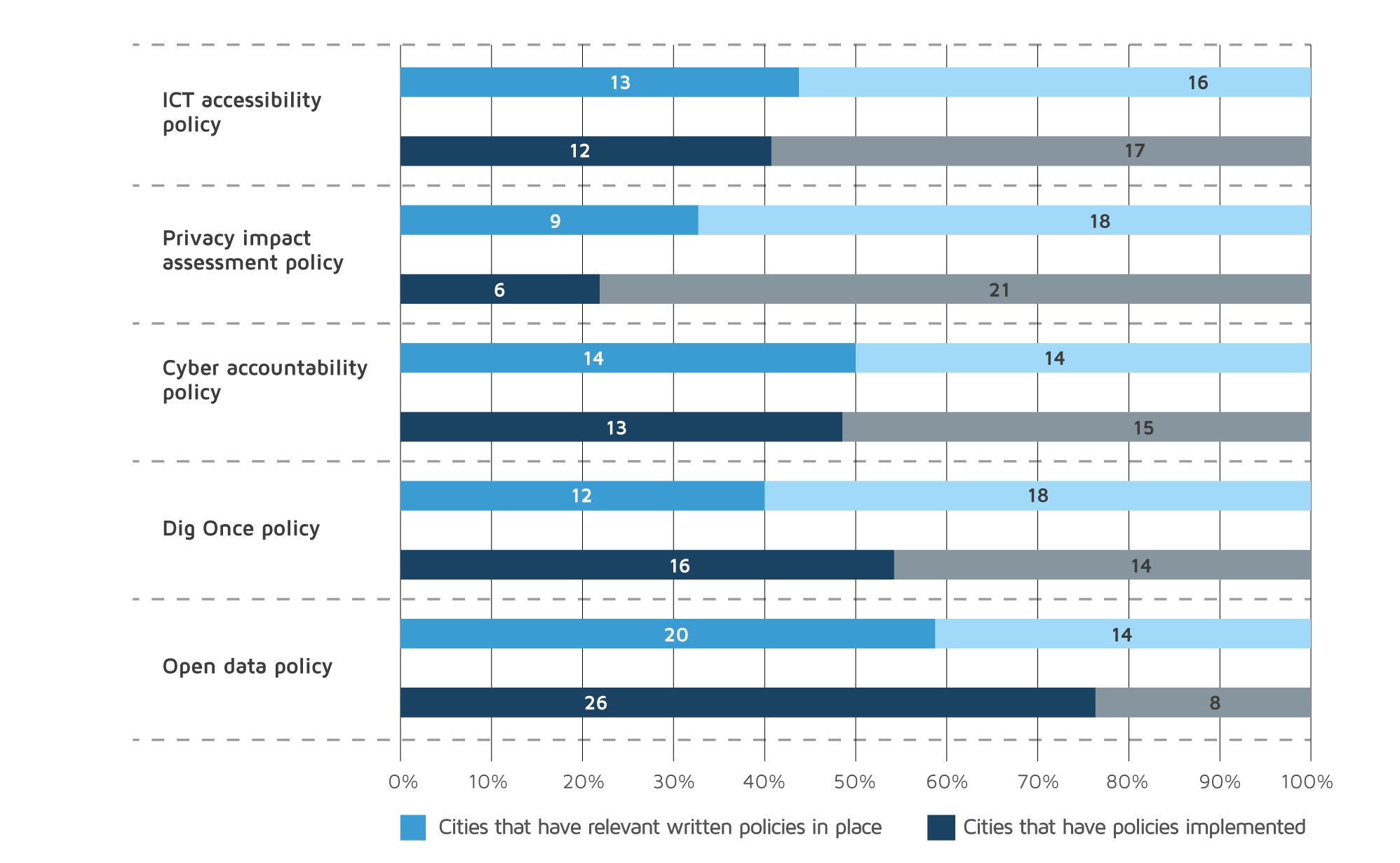On 13 July 2021, a report released by the World Economic Forum in partnership with Deloitte’s revealed some alarming facts indicating that, regardless of size, location, or rate of growth, cities are facing serious governance gaps. The Governing Smart Cities report defines a benchmark for the appropriate and accountable use of smart city technologies having analyzed the working mechanisms of 36 pioneer cities.
The newly released report follows the message from G20 ministers which led to the establishment of the G20 Global Smart Cities Alliance which is intended to support cities to strengthen their skills, proficiency, and governance in terms of smart city technologies. It aims to create a roadmap that can be referred to by regulators to access guidelines related to sound technology governance. The World Economic Forum is the secretariat of the Alliance.
What is a smart city?
Having come largely into use over the past few years, the term ‘smart city’ actually has no universally accepted definition. However, it is generally viewed as a place where digital solutions are used to allow operations and services to become more efficient for the benefit of a city’s residents and businesses.
“A smart city goes beyond the use of digital technologies for better resource use and less emissions. It means smarter urban transport networks, an upgraded water supply, and waste disposal facilities, and more efficient ways to light and heat buildings. It also means a more interactive and responsive city administration, safer public spaces, and meets the needs of an ageing population,” the European Commission explained.
Scope of the analyses
The Governing Smart Cities report is based on a survey conducted across 36 pioneer cities selected from member countries of the Alliance. According to the report, the coronavirus pandemic has accelerated the implementation and use of digital tools that enable real-time intelligence, automation, and targeted interventions. However, at the same time, the analyses reveal that cities are struggling to ensure proper control and governance over smart city technologies and do not always manage to do so effectively.
Jeff Merritt, Head of Internet of Things and Urban Transformation, World Economic Forum commented: “Cities are continuing to invest heavily in new technologies to automate and improve city services and urban life. Yet our findings validate our fears that most cities are falling behind when it comes to ensuring effective oversight and governance of these technologies.”
The 36 pioneer cities selected for the survey have a resident population ranging from 70,000 to more than 15 million. The assessment was based on interviews with policy experts and government officials and evaluates the application of five central policies defined by the G20 Alliance:
Outcome of the survey
The final report reveals that almost all the cities involved in the survey observed critical policy gaps in terms of the governance of smart city technologies. Some cities lacked specific departments appointed for the accountability of cybersecurity. While the privacy of citizens is critical for many cities, only 17% conducted an impact assessment on privacy before applying new technologies. Just 50% of the cities surveyed have procedures in place to ensure that the technologies deployed are accessible to the elderly and individuals with limited physical abilities although almost every city recorded success in achieving a satisfactory open data policy. However, only 15% of the surveyed cities had incorporated their open data portals into their city data infrastructure.
Number of pioneer cities with written and implemented policies

Miguel Eiras Antunes, Global Smart Cities Leader at Deloitte Global, commented on the progress as follows: “Cities have an array of opportunities to become more resilient and sustainable. Technology is an enabler but, to fulfill its full potential, cities need to revise their governance, operational and financing models. Here lies the biggest challenge that cities face.”

